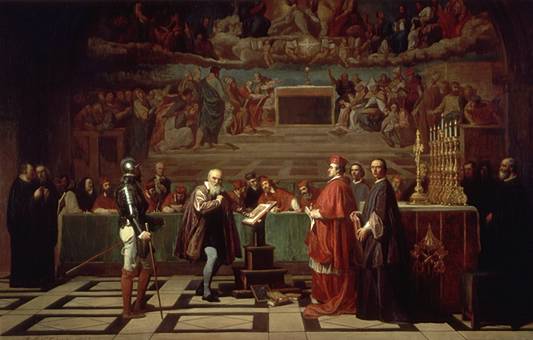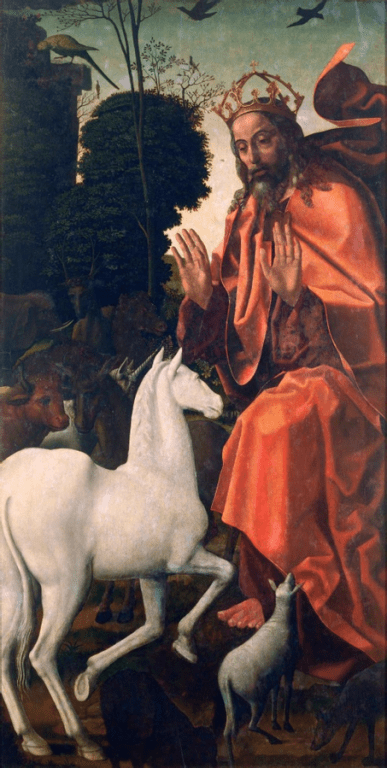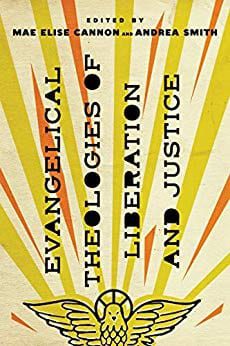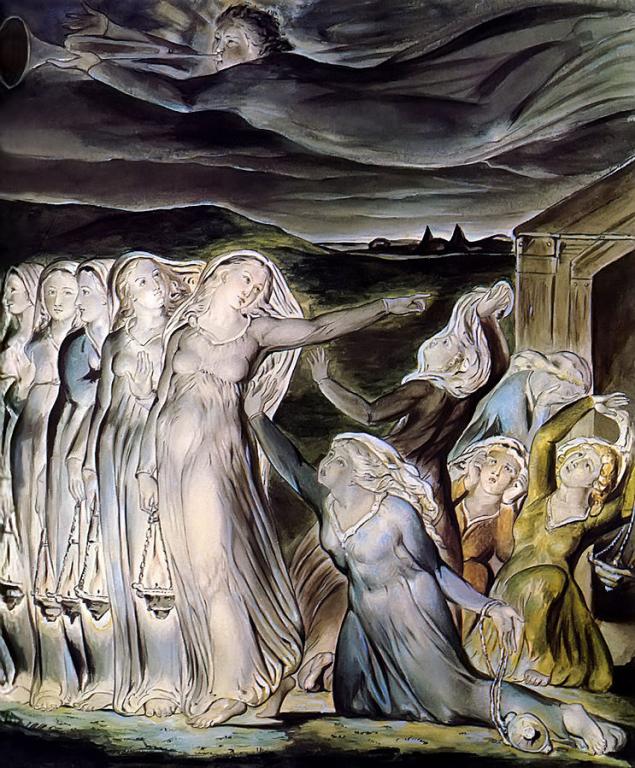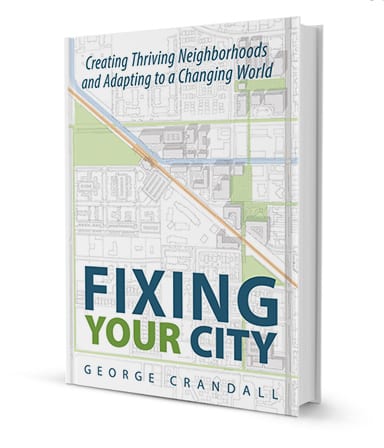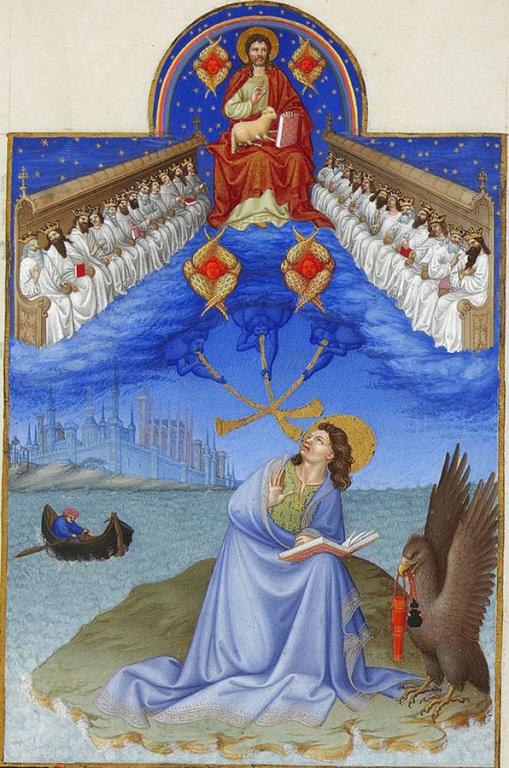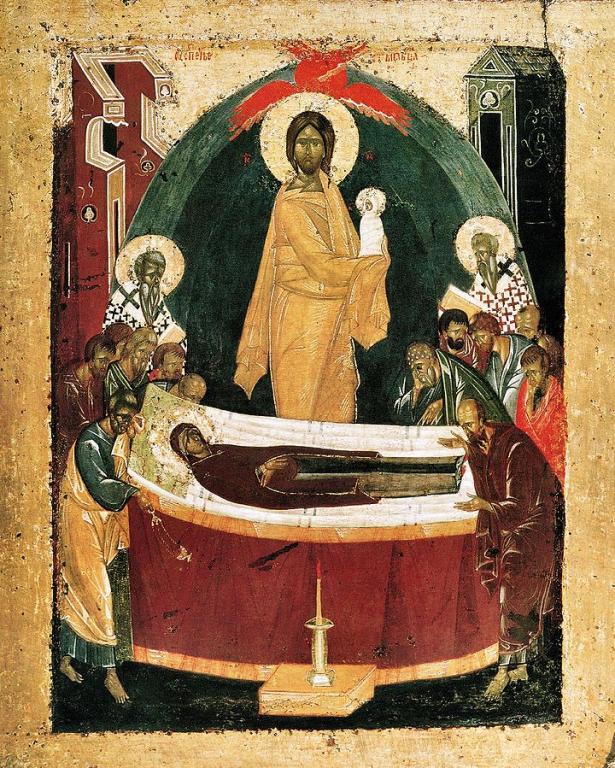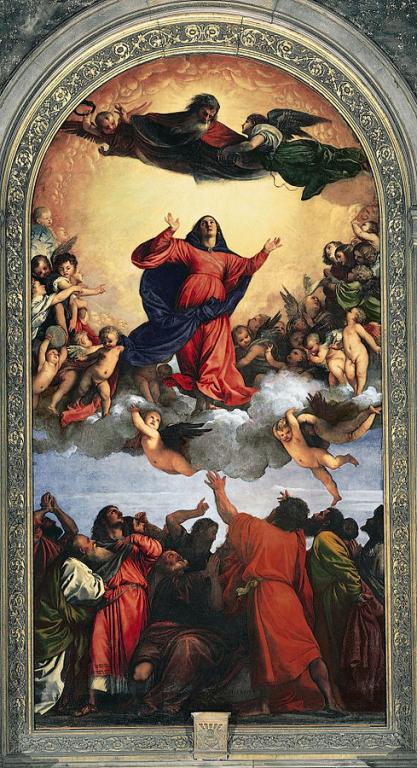By Paul Louis Metzger and John W. Morehead: Today marks eighteen years since the Twin Towers and Pentagon attacks of 9/11. In this post on this anniversary, we will explore how it has affected Evangelical Protestant Christians negatively and how we might respond positively. The trauma of 9/11 produced fear and anger in the days and months immediately after the events, but these many years later, how has it continued to shape us psychologically, and in turn, theologically? After some discussion... Read more




